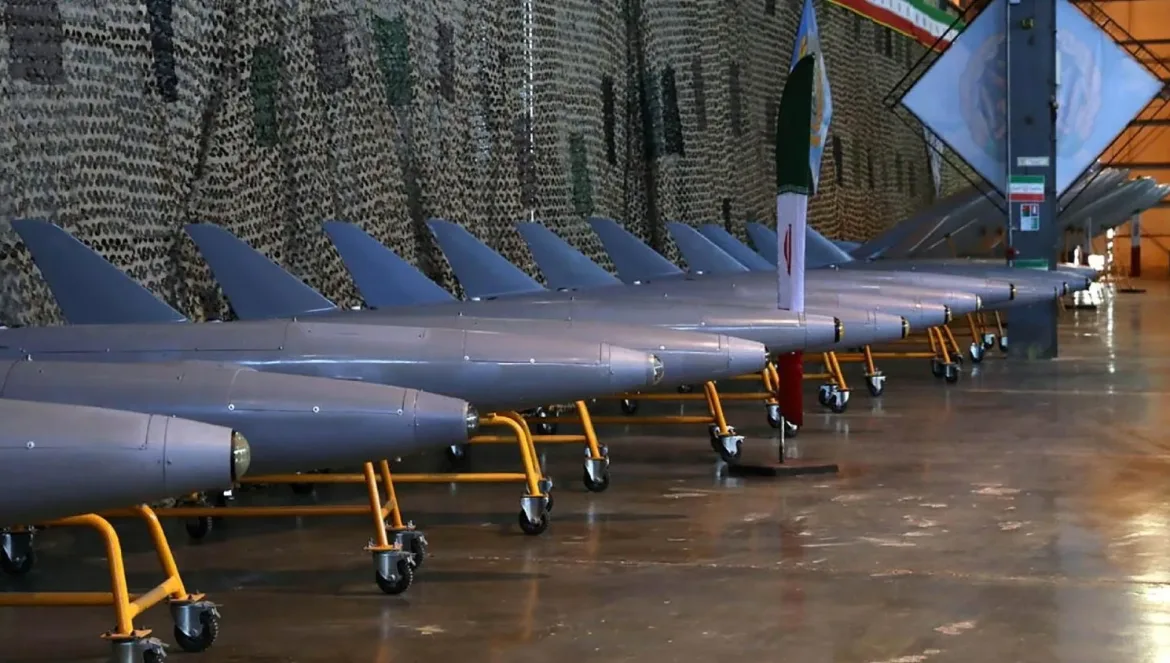VATICAN CITY - Archbishop Ettore Balestrero, the Holy See's permanent observer to the United Nations and international organizations in Geneva, said during a discussion by a group of government experts that weapons controlled by artificial intelligence "should never decide the life of a human being."
Alessandro Di Bussolo - Vatican City
It is "of the utmost urgency" for the Holy See to secure "a firm legally binding instrument" banning the use of so-called lethal autonomous weapons and, in the meantime, "to impose an immediate moratorium on their development and use". Archbishop Ettore Balestrero, Permanent Observer of the Holy See to the United Nations and international organisations in Geneva, stressed this in his address to the second meeting of the Group of Governmental Experts (GGE) 2024 on new technologies in the field of lethal autonomous weapon systems (LAWS), which is taking place in Switzerland from 26 to 30 August.
Pope's speech at the G7 meeting on artificial intelligence
Referring to Pope Francis' speech about artificial intelligencespeaking on 14 June to G7 leaders gathered in Borgo Egnazia, Italy, Balestrero recalled that the Pope had urged them to "reconsider the development and use of devices such as so-called lethal autonomous weapons and ultimately to ban their use. This is to begin with a consistent and concrete commitment to establish greater and more appropriate human control. No machine should ever have to decide whether to take the life of a human being." But today's battlefields, the prelate said, "are also becoming testing grounds for increasingly sophisticated weapons."
Autonomous weapons are not morally responsible entities
The Holy See, the Archbishop continued, endorses and supports the approach of the expert group "to analyse the potential functions and technological aspects of autonomous weapons systems", as the identification of systems "incompatible with international humanitarian law and other existing international obligations" could be very useful in establishing prohibitions and restrictions "taking into account broader ethical considerations". According to the Holy See, the Permanent Observer clarified, "autonomous weapon systems cannot be considered morally responsible actors". Indeed, the human person, endowed with reason, "possesses a unique capacity for moral judgment and ethical decision-making that cannot be imitated by any set of algorithms, however complex they may be". The Holy See delegation therefore appreciates the references to both "reasonable control" and "human judgment" in the "interim text" that was drawn up as a basis for the meeting's discussion, although it also calls for "greater clarity and a common understanding of these concepts".
The machine chooses, the man decides with his heart
Mons. Balestrero therefore recalled the difference between "choice" and "decision". In his speech at the G7 meeting in Borgo Egnazia, the Pope stressed that machines only make algorithmic technical choices and recalled that "man does not only choose, but in his heart he is able to decide". And this is a more strategic element than choice, because it requires practical evaluation. Moreover, Pope Francis continued, "an ethical decision is one that takes into account not only the results of the action, but also the values at stake and the obligations that follow from it." Therefore, still quoting the Pope's speech, the Archbishop reiterated that it is essential for the Holy See to "ensure and protect the space for adequate human control over the choices made by AI programs: human dignity itself depends on it."
Technical progress should serve the common good
The Vatican official further stressed that there is a growing "awareness in the world of the ethical concerns raised by the use of artificial intelligence as a weapon. This was reflected in the prominent role given to ethical considerations at the recent conference 'Humanity at the Crossroads: Autonomous Weapon Systems and the Challenge of Regulation', held in Vienna on 29 and 30 April 2024. He concluded by recalling that 'the development of increasingly sophisticated weapons is certainly not the solution'. As Francis writes in the encyclical Laudato si', the benefits that humanity will derive from current technological advances will depend on "the extent to which these advances are accompanied by an appropriate development of responsibilities and values that place technological progress at the service of integral human development and the common good".
vaticanews.va / gnews.cz-roz_07



